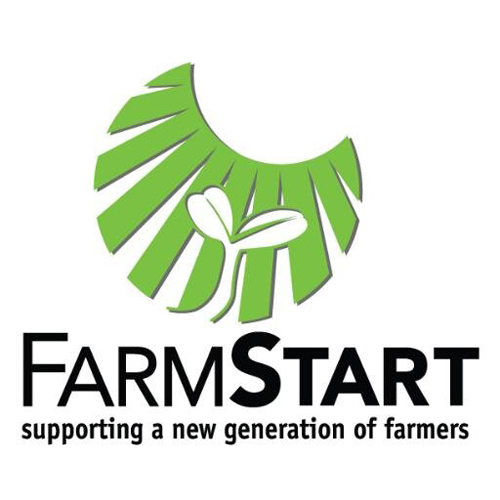Food: Locally Embedded, Globally Engaged, more commonly known as FLEdGE, was a collaborative and community-based research partnership that fostered sustainable food systems that are socially just, ecologically regenerative, and economically localized.
The project included over 130 individuals from more than 90 Canadian and international organizations. FLEdGE research took place in seven Canadian nodes, where practitioners and researchers explored the role of community food initiatives as pillars of sustainable transformation, and in three thematic international working groups exploring agroecology, sustainable food system metrics, and innovative food system governance.
At the outset of FLEdGE, research was organized around three key themes: integration, scaling up, and innovative governance (see below.) As the project evolved in response to community partner needs and the changing landscape of food systems research, FLEdGE researchers developed six Good Food Principles to act as a guide for researchers and practitioners working together towards sustainable food systems.
In 2019, Dr. Blay-Palmer (FLEdGE PI) was a finalist for the SSHRC Impact Award, which recognized the outstanding achievements of the project in fostering healthy, accessible, ecologically regenerative, fair, inclusive, and engaging food systems.
FLEdGE was hosted by the Laurier Centre for Sustainable Food Systems and the Balsillie School of International Affairs at Wilfrid Laurier University. FLEdGE was supported in part by funding from the Social Sciences and Humanities Research Council.
Guiding Themes
Integration
Through FLEdGE, we integrated the flow of knowledge and resources across multiple political jurisdictions, policy spheres, sectors, and communities to draw attention to fair and green dimensions of sustainable food systems. This was especially important in our work with community partners from marginalized populations, particularly those in remote Indigenous communities, urban youth, and new immigrant populations in Canada, the US, and the EU. We found that an integrated approach can contribute to community resilience and support food system initiatives based in traditional knowledge, urban agriculture, social enterprise, and material and knowledge flows.
Our work suggested that a regional perspective can help us to better understand how food systems function and can help dismantle barriers across jurisdictions, policies, and sectors. As such, FLEdGE focused on maximizing community capacity in economic, social, and environmental terms and facilitated robust knowledge co-creation and sharing with practitioners, policymakers, and academics dealing with sustainable food system complexities.
Scaling Up and Out
FLEdGE explored the tensions, compromises, and opportunities involved in scaling up and scaling out sustainable food system initiatives. The issue of scale raised questions about how (or if) we can scale place-based sustainable food systems initiatives up and out without compromising community goals. While we know that community scale solutions to food insecurity, diet-related disease, social injustice, and ecological degradation are necessary, through FLEdGE we recognized the need to build relationships and networks across communities as part of a transition to more sustainable food systems.
Working with community partners, FLEdGE researchers looked for ways to preserve a focus on social justice, ecological revitalization, and local economies as place-based initiatives scaled up and out. To address this concern, FLEdGE researchers explored initiatives such as place-based and online food distribution hubs that helped scale up local food systems work by creating stable markets for local farmers and providing food to marginalized communities.
Innovative Governance
FLEdGE explored how innovative governance structures and institutions support the development of sustainable food systems. Research on innovative governance can bring together questions of scale, power, class, and social justice and examine the role of the state as enabler or barrier to community food initiatives. For example, research with historically marginalized communities has been essential to the establishment of innovative governance practices that prioritize access to nutritious food and livelihoods.
FLEdGE research extended and deepened our knowledge about existing and emerging food system governance innovation. Through collaborations with our partners at the municipal, regional, territorial, and international scale (e.g. FAO and RUAF) we developed and disseminated research insights between the Global South and North. Embedded relationships with our communities of food helped ensure effective knowledge sharing in Canada and beyond.
The Six Good Food Principles
FLEdGE’s “Good Food Principles” are a set of guidelines for people from all walks of life to work together towards sustainable food systems. Click on the links below to learn about what each Principle entails, including the related research and reports that the FLEdGE network produced.
The people, places, and projects that FLEdGE brought together are an important part of what the partnership represents. Click below to learn more about the stories that characterize the network.



























































































